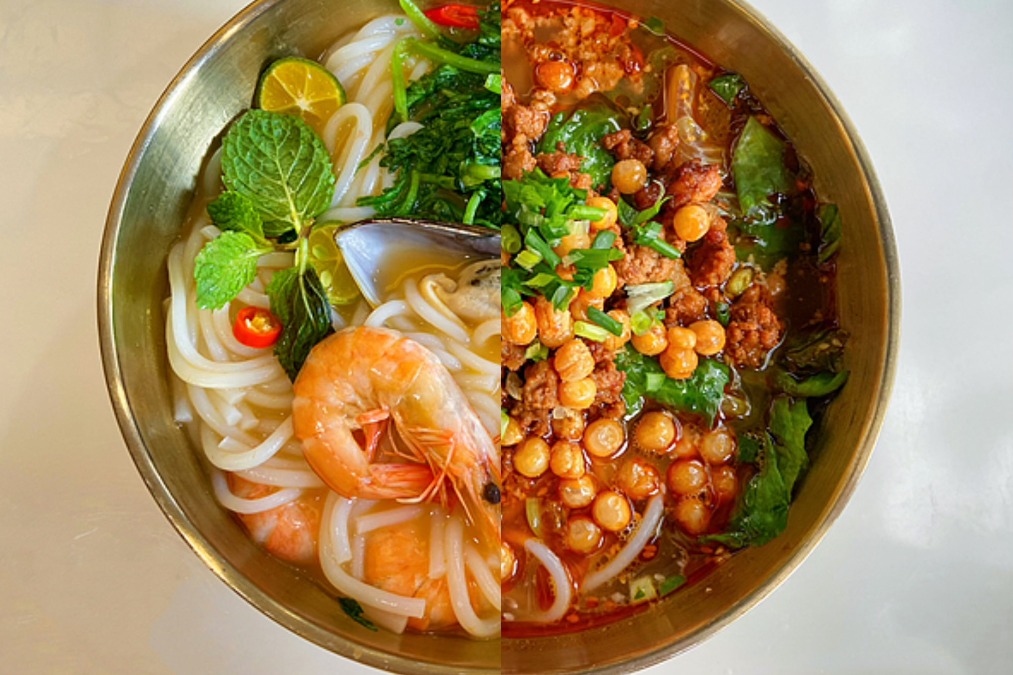Going everywhere without going anywhere, while doing everything

Every day, my wife and I go to work while our son and daughter go to school-although we don't actually go anywhere.
We haven't left our compound in Beijing in weeks.
I've been writing, editing, proofreading and even recording voiceovers and creating videos from home during quarantine.
And the university where Carol teaches and the primary school where Lily studies have both adopted online platforms to enable remote education during the novel coronavirus outbreak.
Even our 4-year-old's kindergarten has been sending daily activities by WeChat. And Lily's martial arts classes have been posting videos of routines to practice.
My wife and our 8-year-old girl have set up "offices" in our living room. Mine is on our balcony.
It's the closest I can get to being outside while remaining indoors. And I can watch sunsets over the mountains to the west. Still, I need to put on my jacket to "go to work".I also bought two space heaters.
Actually, being confined has, in some ways, improved my productivity. But it strains the rest of life.
We struggle to "homeschool" our daughter, who attends local school, given that Chinese is our second language. Fortunately, her teachers and classmates' parents have gone above and beyond to help.
Her classmates have also started sending WeChat messages to a group chat, praising and encouraging one another. It's adorable.
Our son, though, is often trapped in the playroom alone so as not to disturb our work and studies.
My wife is teaching herself new skills like screencasting. Her students will likewise have to learn these to "attend" classes online.
I've multiplied my cooking abilities. We've aspired to sit down to dinner as a family for years. But our work, school and homework schedules meant this rarely happened.
We're still tending to those responsibilities. But quarantine means we cook and eat together.
Before long-we can't yet know when-the outbreak will relinquish its grip on daily life.
But some changes will last.
Among them will be a greater capacity for working, living, learning and teaching remotely.
It's perhaps simply an acceleration of a trend that was already unfolding as information technology advances, particularly in China.
WeChat's "super app" versatility alone has already made it an indispensible part of much white-collar working life in ways that allow people to be productive outside of office buildings.
Since my daughter started primary school two years ago, she has often talked about how she and I both "have homework" most nights and weekends. That is, hers is from school, while mine is simply work done at home, "after hours".
The outbreak is pushing public and private-sector institutions to advance technology and flexibility, and to even cultivate new models. Some big-ticket films, for instance, were released straight to streaming platforms during Spring Festival, traditionally cinemas' biggest week.
These innovations may translate into vitality that persists after short-term economic losses.
That said, while working, teaching and learning-and otherwise living-remotely can even offer advantages, virtual contact can't replace actual human interaction.
One thing I look forward to most after this-aside from being outside-is being a person with people, in person.
Chatting with colleagues. Smiling with a stranger. Laughing face-to-face with a friend-without a mask.
To shake hands. To give high fives. To hug.
We can't only view the world and other people as pixels.
There's a part of our souls that seeks to meet in the flesh.
It waits. For now.
Contact the writer at [email protected]




































